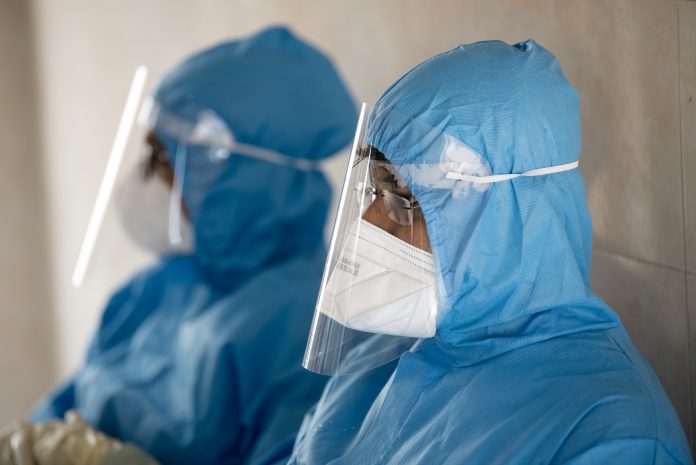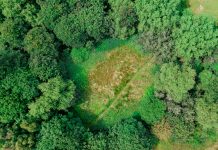An Australian team found that antibodies created by infection are not effective against COVID variants like Delta and Alpha – suggesting that vaccination gives stronger protection
The team looked at the natural immune response, to understand if those antibodies generated could fight the newer variants of COVID-19.
When it comes to vaccine hesitancy, a lot of people say that they were infected and they are therefore protected by their own antibodies. But is this true? How can we tell?
A team of scientists, testing this idea, analysed the serum of 233 individuals diagnosed with COVID-19 over 7 months.
The study was conducted via a partnership between the University of Sydney, Kids Research, Sydney Children’s Hospitals Network, the Kirby Institute at UNSW Sydney, Australian Red Cross Lifeblood, and St Vincent’s Hospital and NSW Health Pathology.
Study found antibodies had reduced effectiveness
They discovered that the level of immunity over time is dependent on disease severity and the viral variant.
The team showed that antibodies developed during the first wave had reduced effectiveness against six variants, from those observed in the second wave in Australia through to three variants of concern – the ones found in the UK, Brazil and South Africa.
In other words, a natural immune response after the first wave in Australia was not great at handling the globally emerging variants in a second or third wave.
While antibodies are sustained for up to seven months after infection, there is no way to predict if those antibodies will work well enough for that long. The team found that the immune response stayed stable in some people, but in others it decreased.
‘Continued vaccine development’ is essential, says Brilot
Co-senior author Associate Professor Fabienne Brilot of the University of Sydney and Kids Research, said: “We can learn a great deal from these people who were infected in the first wave in Australia as they were infected with the same variant that our current vaccines are based on.
“While the approved vaccines are showing good responses, our study highlights the importance of continued vaccine development, especially taking into account the differences in variants.”
‘Should not rely on natural immune response’ says Turville
Co-senior author Associate Professor Stuart Turville of the Kirby Institute said: “What this work has shown us is that current observations about vaccines show they offer a much broader protection against COVID-19 and its variants than the body’s natural immune response following infection, which is usually only protective against the variant of the virus that the person was infected with.
“We, therefore, should not rely on the body’s natural immune response to control this pandemic, but rather the broadly protective vaccines that are available.”











